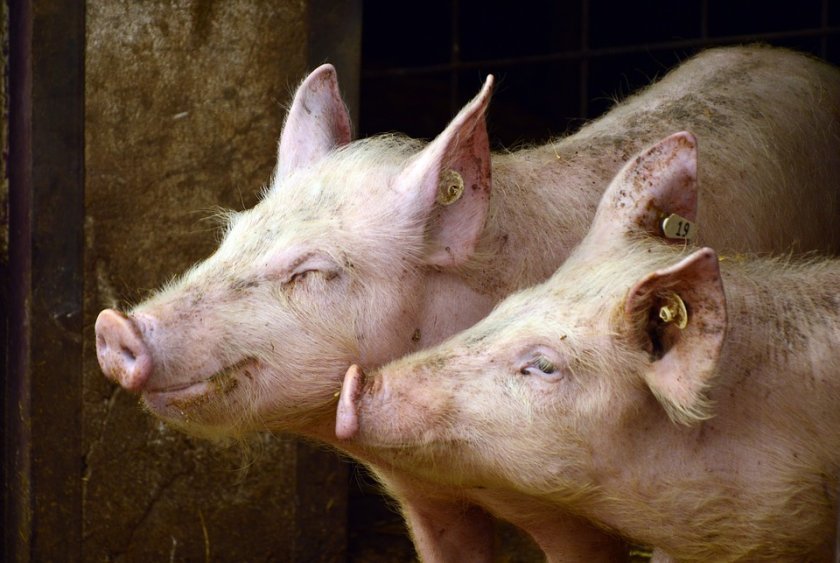
Bulgaria is no longer part of the list of countries subject to restrictive measures, including bans on the movement of live pigs, in connection with classical swine fever, the Food Safety Agency said on December 8.
Bulgaria was removed from the restricted areas through Commission Implementing Regulation (EU) 2021/2158 of 6 December 2021, published in the Official Journal of the EU.
Classical swine fever is an infectious viral disease in farmed and feral pigs, which has a serious impact on the relevant animal population and on the profitability of pig production. It therefore restricts the movement of consignments of these animals and their products within the Union and in exports to third countries.
Following an assessment of the effectiveness of the supervision and control measures taken by the Bulgarian Food Safety Agency in accordance with European legislation and the improvement of the epidemiological situation with regard to classical swine fever, the Commission amended Implementing Regulation (EU) 2021/934 for determining special control measures in connection with the disease classical swine fever and the whole territory of Bulgaria is no longer part of the restricted zones regarding the disease.
 Sofia's Waste Crisis: 'Sofekostroy' Starts Organisation for Rubbish Collection in 'Lyulin' District
Sofia's Waste Crisis: 'Sofekostroy' Starts Organisation for Rubbish Collection in 'Lyulin' District
 Free-Roaming Animals Continue to Pose Danger on Main Roads in Southwestern Bulgaria
Free-Roaming Animals Continue to Pose Danger on Main Roads in Southwestern Bulgaria
 Rockslide in Kresna Gorge Disrupts Traffic Following Heavy Rain in Southwestern Bulgaria
Rockslide in Kresna Gorge Disrupts Traffic Following Heavy Rain in Southwestern Bulgaria
 Опасно време в планините: От ПСС с предупреждение да се избягват разходките
Опасно време в планините: От ПСС с предупреждение да се избягват разходките